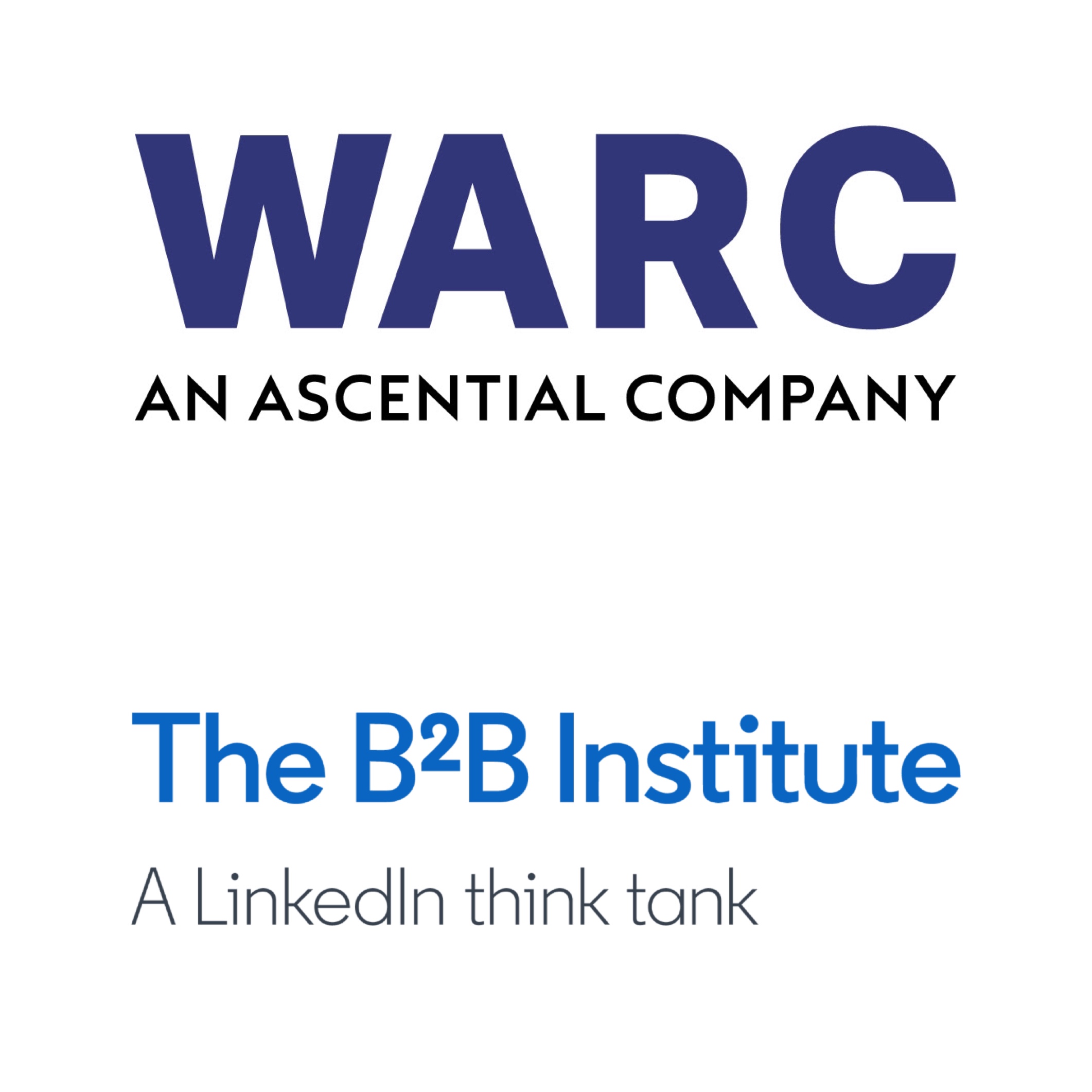By Zion Rufus
LinkedIn’s B2B Institute, in collaboration with WARC, has released a white paper to assist brands in creating more effective marketing strategies by emphasizing the importance of a clear Promise to the Customer (PTTC).
The research, presented at Cannes Lions, reveals that PTTC campaigns offer significant advantages in brand health and commercial performance.
Titled “Making a Promise to the Customer: How to give campaigns a competitive edge”, the Promise to the Customer (PTTC) serves as a mental model that enables marketers to deploy familiar frameworks in a manner that is easily understood by various stakeholders, including the C-suite, internal teams, and customers.
Acting as both an organizing principle and a catalyst for creative communications, PTTC prioritizes customer accountability while addressing the fundamental pillars of marketing: Product, Price, Place, and Promotion.
The study analyzed over 2,000 B2B and B2C effectiveness case studies from the past five years (2018-2022), drawing from WARC’s extensive database of award entrants and winning advertising campaigns. Among these, 40% (808) were identified as having successfully implemented a credible Promise to the Customer. The findings demonstrate that PTTC campaigns yield a considerable advantage over non-PTTC campaigns:
1. Improved Brand Health: Campaigns grounded in an explicit Promise to the Customer, characterized by a memorable, valuable, and deliverable promise, are up to 48% more likely to report enhancements in brand health.
2. Commercial Success: PTTC campaigns exhibit a 60% higher likelihood of reporting increased market share and a 17% higher likelihood of reporting increased market penetration compared to non-PTTC campaigns.
Furthermore, when evaluated against the Creative Effectiveness Ladder, PTTC campaigns consistently outperformed their non-PTTC counterparts at various levels. PTTC campaigns also had a higher presence at the top levels of the ladder, with 67% reaching the Enduring Icon level, compared to only 33% of non-PTTC campaigns.
Experts in the field have expressed enthusiasm for the PTTC concept and its implications for marketing strategies.
Roger Martin, CEO advisor and strategist, emphasized the importance of a clear Promise to the Customer, stating that it unifies the efforts of the entire organization, spanning product, marketing, go-to-market, and customer loyalty.
Jann Martin Schwarz, Founder and Head of The B2B Institute at LinkedIn, highlighted the validation of the PTTC mental model and its translation into better campaigns, which are easily comprehensible and operationalizable across various business functions.
The PTTC framework offers benefits across different budgetary constraints, durations, and distribution channels. Marketers facing resource limitations can leverage the Promise to the Customer approach to achieve better outcomes in brand health, market share, and long-term sales.
David Tiltman, SVP Content at WARC, emphasized the significance of language in securing marketing investment. The PTTC concept presents an exciting opportunity as it can be applied at both the corporate level and as a foundation for creative communications. Early analyses indicate that this approach can yield tangible benefits in terms of brand health and long-term sales impact.
The complete report, which includes best practices, data analysis, and case studies, is available for reading. Notable case studies featured in the report include Sherwin-Williams’ “Speaking in Colour” (winner of the Cannes Lions 2022 Creative B2B Grand Prix), Mastercard’s “SMB,” and Aldi’s “From Shame to Pride.”
In addition to the white paper, a series of WARC podcasts in partnership with LinkedIn’s B2B Institute will delve further into the research findings.
The initial presentation of the study’s key findings occurred at Cannes Lions, with Jann Martin Schwarz from LinkedIn’s B2B Institute and strategy expert Roger Martin addressing an engaged audience.






Comment
No comments found.